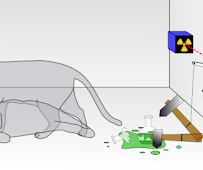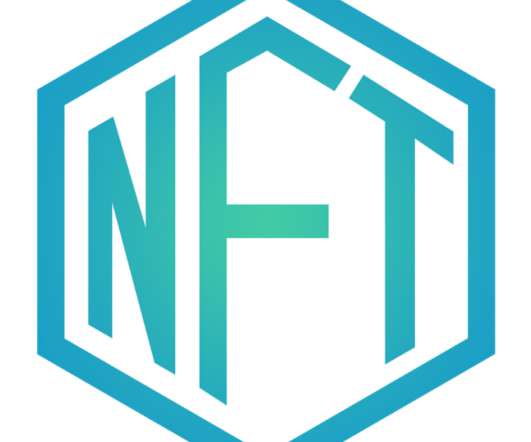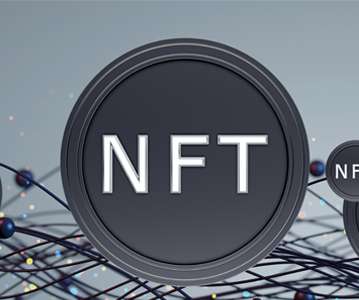[Guest post] Free Holdings case raises important issues regarding the legal nature of NFTs
The IPKat
APRIL 19, 2023
Ownership of every name periodically expires and, at that point, anyone may freely claim it on Namecoin by re-registering the expired name. The entire history of the name can be seen here ) On May 28, 2021, McCoy minted another NFT to record the Quantum artwork, this time on the Ethereum blockchain. a jpeg) stored on the cloud.












Let's personalize your content